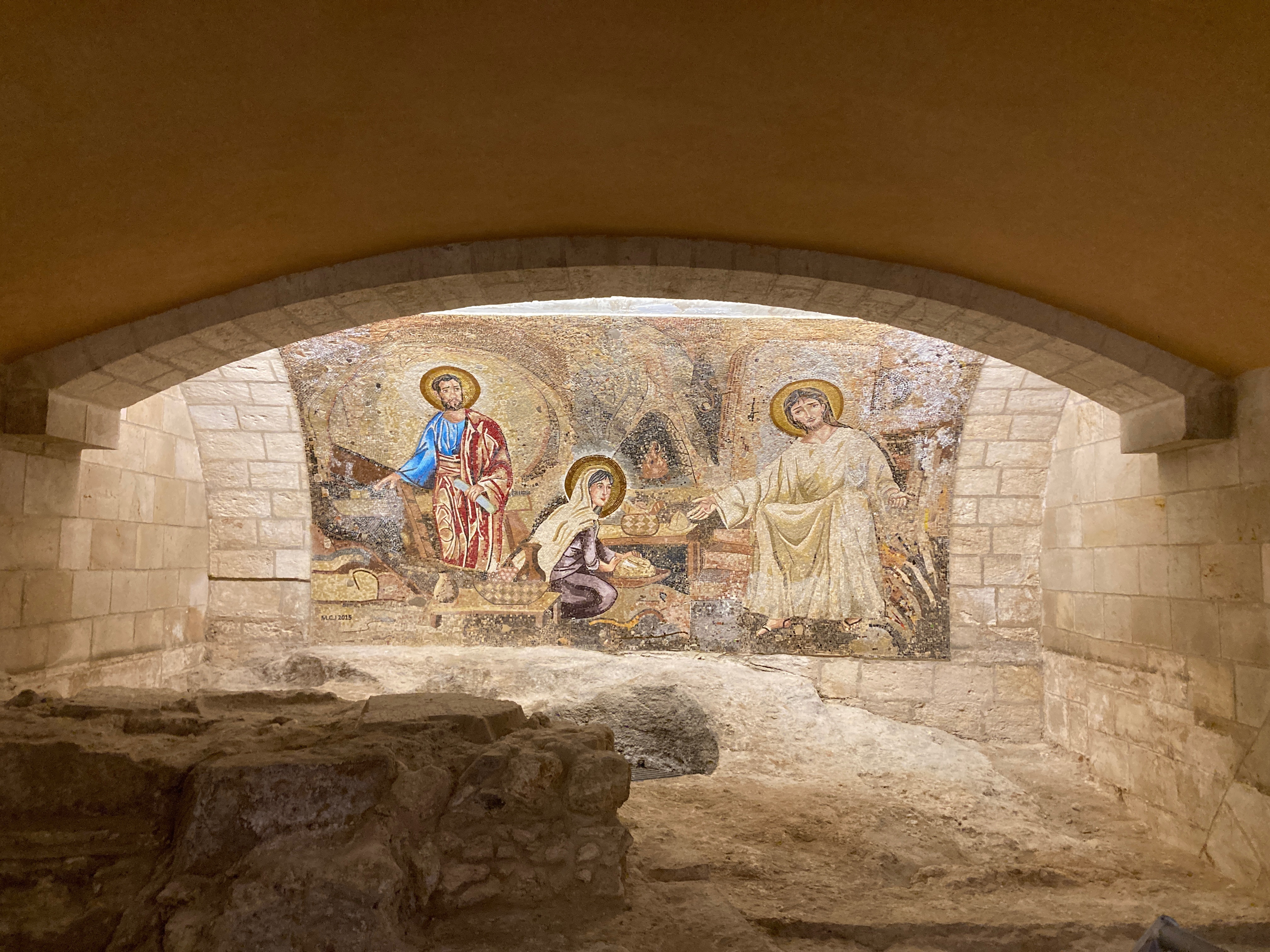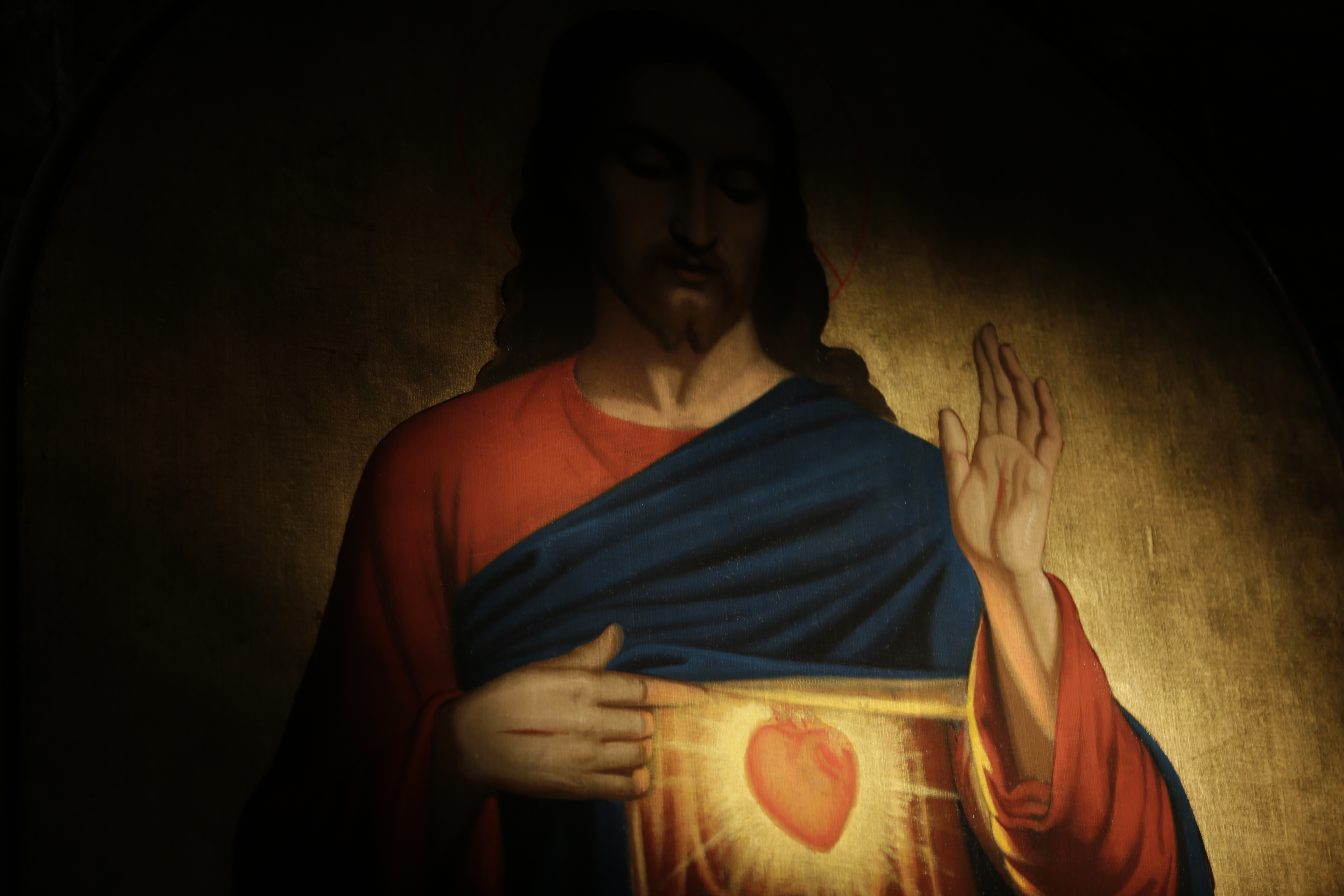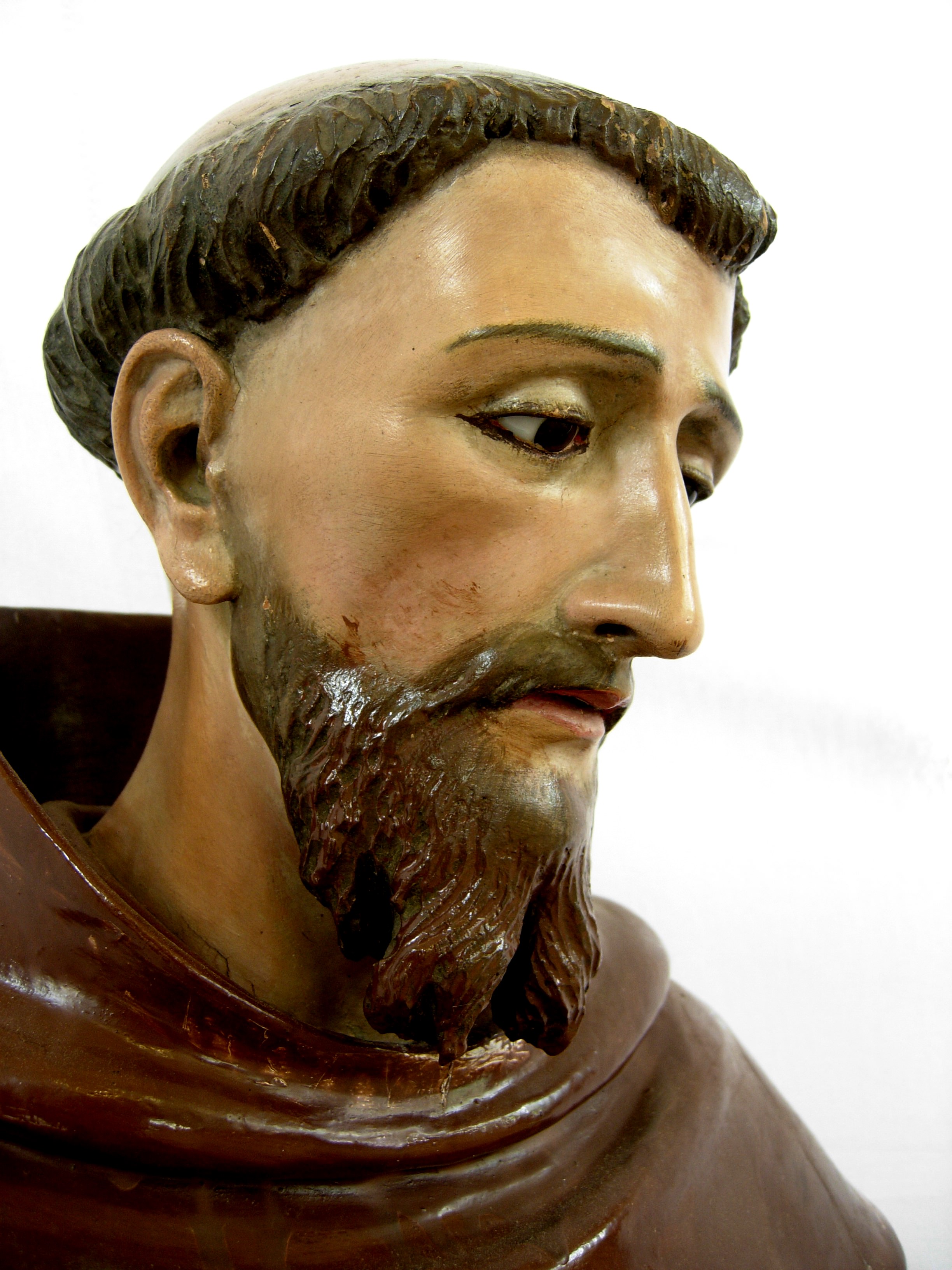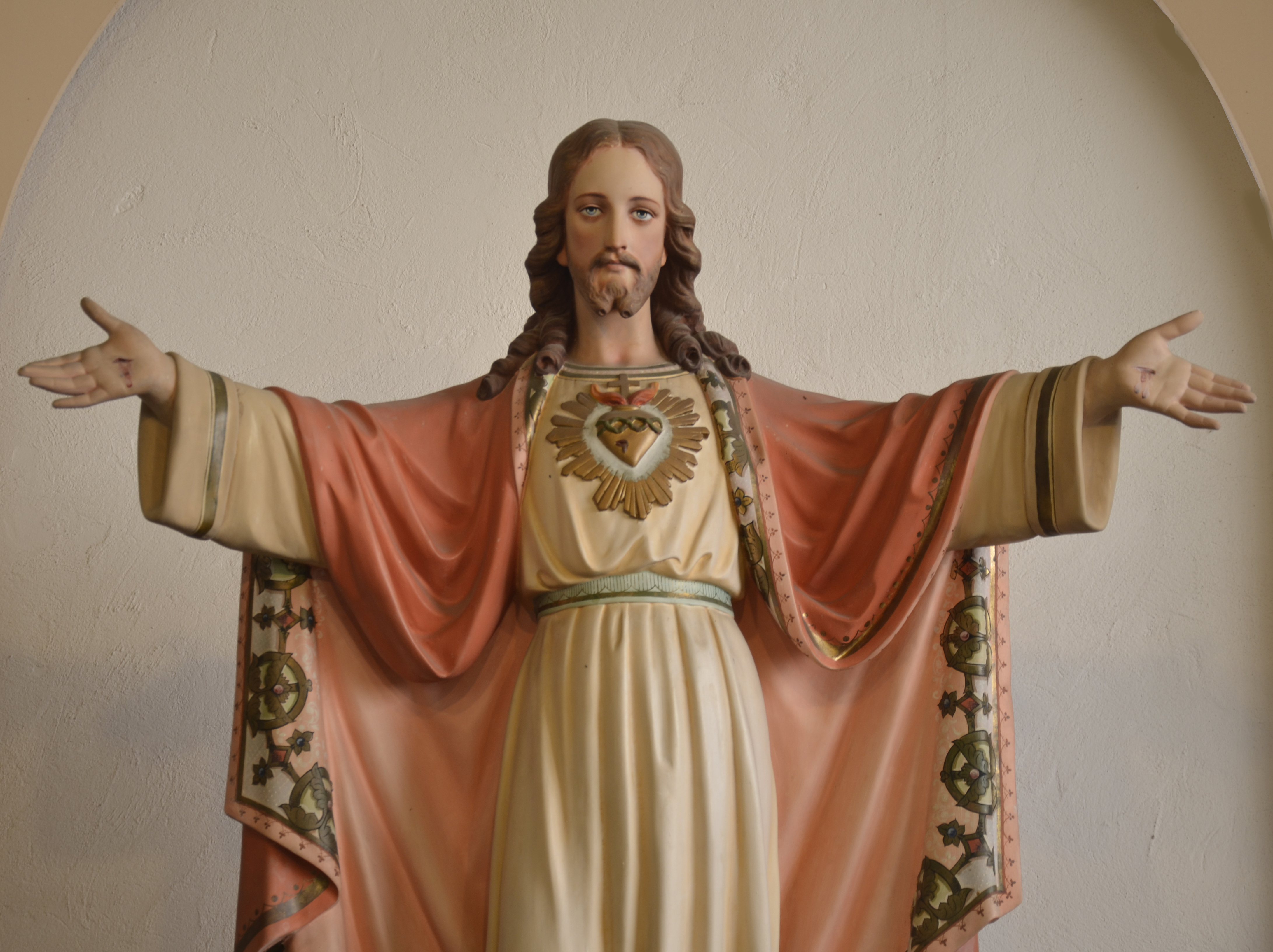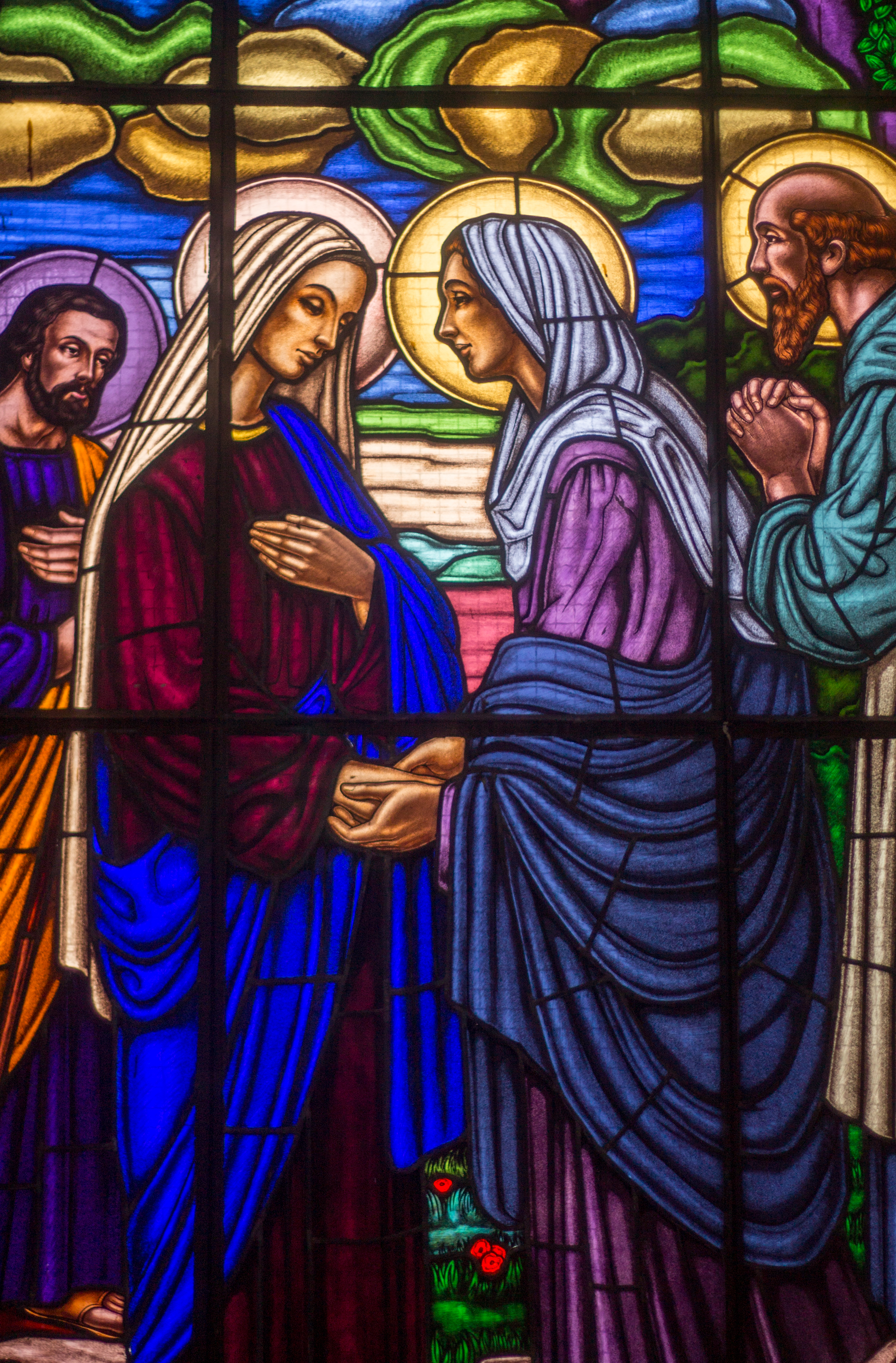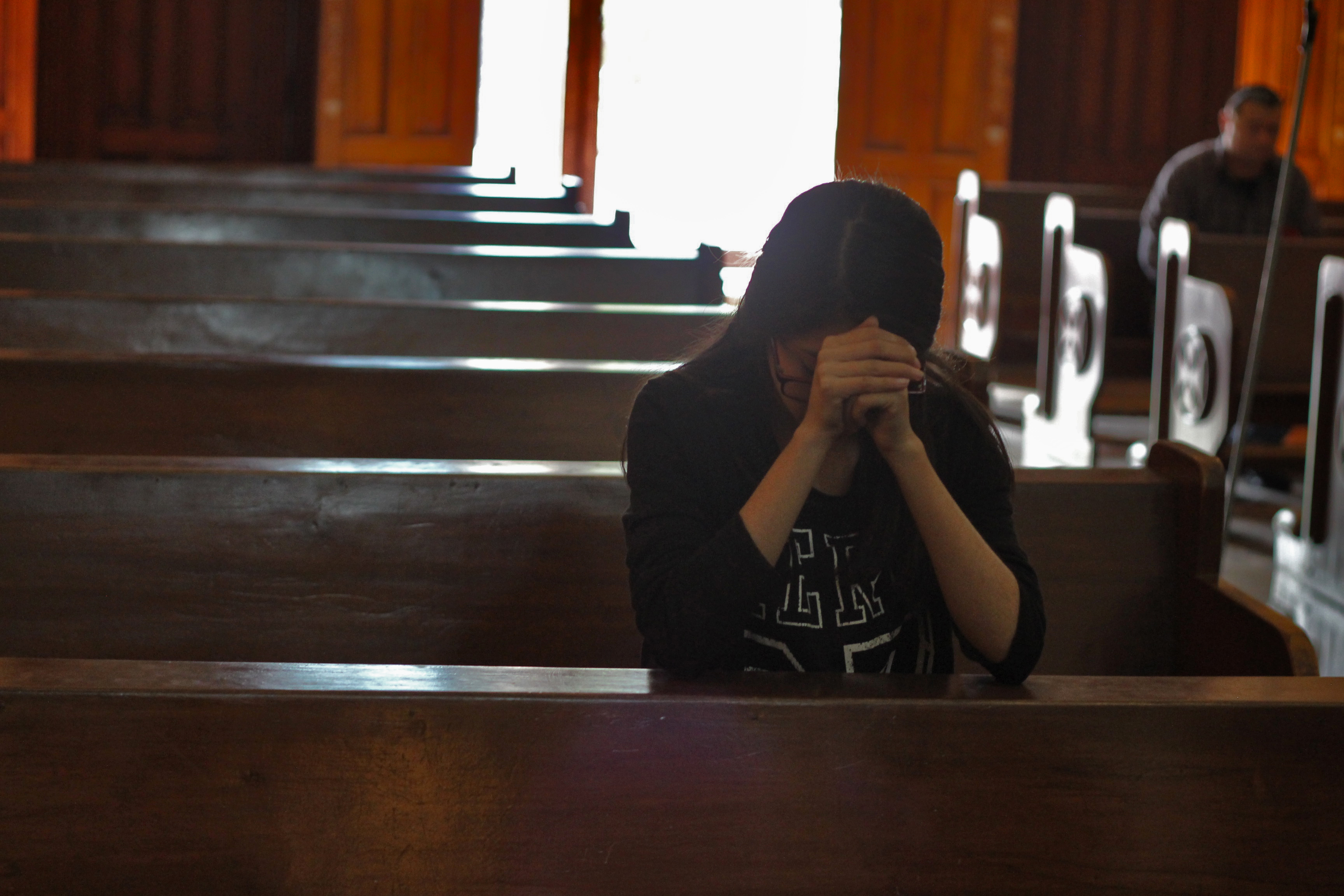When Jesus returned home to Nazareth, His hometown, He could not perform mighty deeds because they lacked Faith.
The Lord invites us to follow Him. He doesn’t force healing, inner peace, grace, or miracles on anyone. He respects our freedom, and yet our very freedom and free will to choose Christ can prevent us from encountering the live waters of Christ. Jesus provides us with a powerful example of how difficult it was to minister to the people from His hometown. If Jesus struggled to bring the people of Nazareth to encounter the Gospel, we must not be surprised or discouraged when our family and friends reject the Gospel message or leave the Catholic Faith. Our heart suffers and Jesus can relate to this deep pain, but He never wants us to fall into despair but rather to learn to trust in His divine intervention and continue to pray for them. Jesus wants our heart to be His refuge where He can find rest and an interpersonal relationship.
It says in the Gospel that Jesus was perplexed over their unbelief. Just think of the miracles He had planned for the people He grew up with and loved. I am sure He desired to bless them immensely, and instead, it says He could only heal a few sick people. I can only imagine how this broke His heart. And yet, His heart was still moved by the suffering, hearing their cry and healing them.
Just think Mary, the Mother of God, was a neighborhood mother in this small town. She and St. Joseph spent many years in the people’s midst performing their daily tasks with great love and attention, yet, went unnoticed by most of their own people. Their ordinary life was extraordinary! We are invited to also pray to the Holy Family for continual strength and extra grace.
Today, as we celebrate the feast of St. John Bosco, let us follow his example of serving others even when it isn’t popular or appreciated. St. John looked after the children and preached the Gospel and, as a result, made a lasting impact on them and the entire Church.
How often can we become discouraged by those who reject the Faith? Instead, let us turn to Christ, trust Him, and ask Him to pour grace into our family, friends, and those who have turned away from, especially those who once believed and now do not.
Cuando Jesús regresó a Nazaret, su ciudad natal, no pudo realizar milagros porque la gente carecía de fe.
El Señor nos invita a seguirlo. No impone sanación, paz interior, gracia o milagros a nadie. Respeta nuestra libertad y, sin embargo, nuestra misma libertad y libre albedrío para elegir a Cristo pueden impedirnos encontrar las aguas vivas de Cristo. Jesús nos brinda un poderoso ejemplo de lo difícil que era ministrar a la gente de su ciudad natal. Si Jesús luchó para llevar al pueblo de Nazaret al encuentro del Evangelio, no debemos sorprendernos ni desanimarnos cuando nuestros familiares y amigos rechazan el mensaje del Evangelio o abandonan la fe católica. Nuestro corazón sufre y Jesús puede identificarse con este profundo dolor, pero Él nunca quiere que caigamos en la desesperación sino que aprendamos a confiar en Su intervención divina y sigamos orando por ellos. Jesús quiere que nuestro corazón sea su refugio donde pueda encontrar descanso y una relación interpersonal.
Dice en el Evangelio que Jesús estaba perplejo por su incredulidad. Basta pensar en los milagros que había planeado para las personas con las que creció y amó. Estoy seguro de que deseaba bendecirlos inmensamente y, en cambio, dice que solo pudo sanar a unos pocos enfermos. Sólo puedo imaginar cómo esto le rompió el corazón. Y, sin embargo, su corazón todavía estaba conmovido por el sufrimiento, escuchando su clamor y sanándolos.
Basta pensar que María, la Madre de Dios, era madre de barrio en este pequeño pueblo. Ella y San José pasaron muchos años en medio del pueblo realizando sus tareas diarias con gran amor y atención, sin embargo, pasaron desapercibidas para la mayoría de su propio pueblo. ¡Su vida ordinaria era extraordinaria! Estamos invitados a orar también a la Sagrada Familia por fuerza continua y gracia adicional.
Hoy, mientras celebramos la fiesta de San Juan Bosco, sigamos su ejemplo de servir a los demás incluso cuando no sea popular ni apreciado. San Juan cuidó a los niños y predicó el Evangelio y, como resultado, tuvo un impacto duradero en ellos y en toda la Iglesia.
¿Con qué frecuencia podemos desanimarnos por aquellos que rechazan la fe? En cambio, recurramos a Cristo, confiemos en Él y pidámosle que derrame gracia sobre nuestra familia, amigos y aquellos que se han alejado de Dios, especialmente aquellos que una vez creyeron y ahora no creen.
 Emily Jaminet is a Catholic author, speaker, radio personality, wife, and mother of seven children. She earned a bachelor’s degree in mental health and human services from the Franciscan University of Steubenville. She is the co-founder of www.inspirethefaith.com and the Executive Director of The Sacred Heart Enthronement Network www.WelcomeHisHeart.com. She has co-authored several Catholic books and her next one, Secrets of the Sacred Heart: Claiming Jesus’ Twelve Promises in Your Life, comes out in Oct. 2020. Emily serves on the board of the Columbus Catholic Women’s Conference, contributes to Relevant Radio and Catholic Mom.com.
Emily Jaminet is a Catholic author, speaker, radio personality, wife, and mother of seven children. She earned a bachelor’s degree in mental health and human services from the Franciscan University of Steubenville. She is the co-founder of www.inspirethefaith.com and the Executive Director of The Sacred Heart Enthronement Network www.WelcomeHisHeart.com. She has co-authored several Catholic books and her next one, Secrets of the Sacred Heart: Claiming Jesus’ Twelve Promises in Your Life, comes out in Oct. 2020. Emily serves on the board of the Columbus Catholic Women’s Conference, contributes to Relevant Radio and Catholic Mom.com.
Feature Image Credit: Jean Pierre Teullet, cathopic.com/photo/33289-holy-family-house
